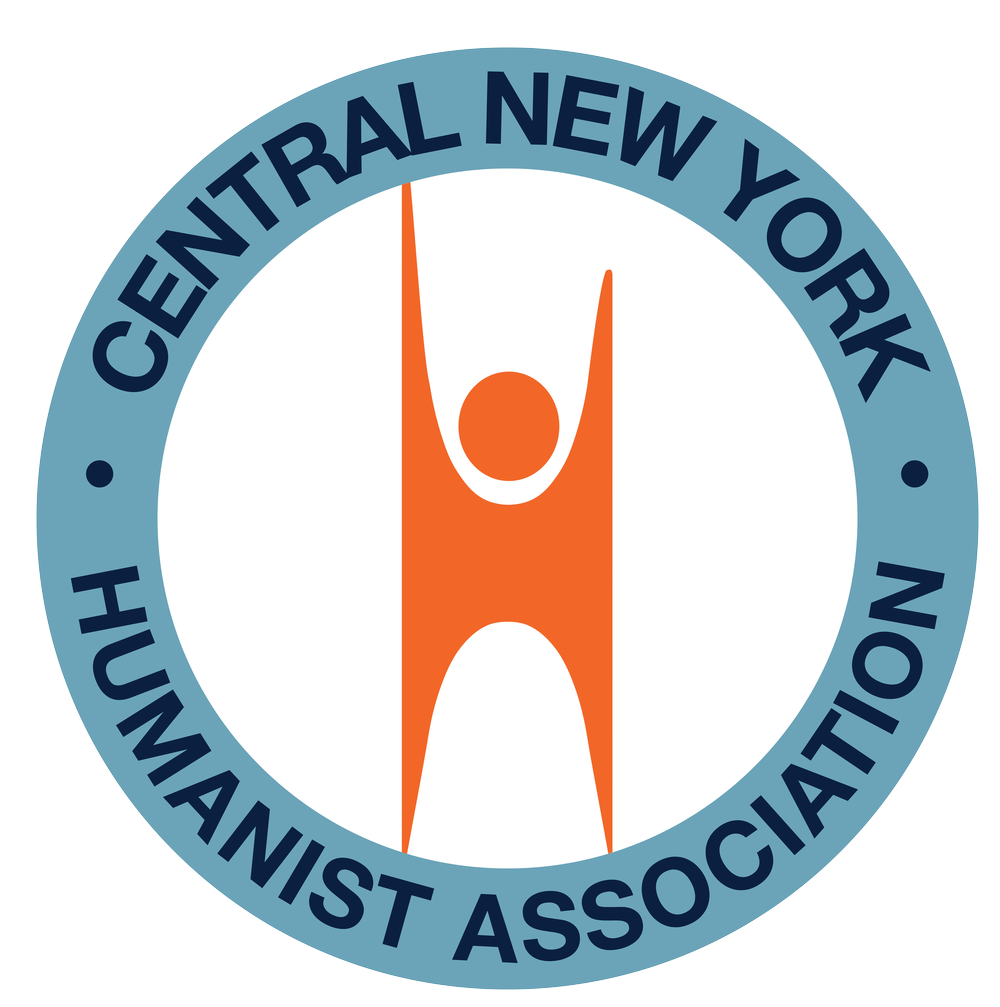When I finally let go of my Catholic faith - along with the religious teachings that provided ready answers to questions of death and dying - the topic often made me feel uncomfortable. I didn't have a reassuring answer to the "What happens when we die" type of question. And when my two daughters grew older and started to ask those deeper questions, I began feeling more pressure to have comforting yet truthful ways to discuss death, dying, and how to lead a meaningful life.
One answer - read lots of literature together! Children's stories offer no shortage of thoughtful fodder for conversation about death and dying - even when that isn't a topic you intended to discuss. A case in point - Charlotte's Web.
Over the past weeks, as the June evenings grew longer and longer, every night my 5 and 7 year old daughters cuddled together with me on my bed to read E.B. White's beloved novel.
Charlotte's Web is the story of a tiny runt of a pig named Wilbur who is first saved from death by young Fern Arable, and eventually goes to live on the farm of Fern's uncle, Mr. Zuckerman. There Wilbur gets to know the other animals in the barn, but doesn't make a true friend until he meets Charlotte - a large grey spider who makes her home in Wilbur's doorway.
In between giggling over my my attempts to "do the voices" of the fast-talking Goose, sweet humble Wilbur, sly rat Templeton, and calm clever Charlotte - my girls and I had dozens of deep conversations. Sometimes they were prompted by my questions.....
Do you think Wilbur should have escaped when he had the chance? Charlotte says that she "has to say what's true" - what do you think about that? Why do you think Charlotte was so calm at the end?
But more often, discussions were led by their observations.....
Templeton's not such a jerk now, but maybe he's just fooling. Why did that Goose have to tell him he's going to die? That's just mean!
And honestly, I had forgotten how intense this book really is. There is no gentle build-up to more emotional parts. The very first line of the book is "Where's Papa going with that ax?". Overall, the author is fairly matter-of-fact about death - dispassionately describing the details of Charlotte's method of trapping and eating her prey. ("I always give them an anaesthetic so they won't feel pain. It's a little service I throw in.") And Wilbur's impending Christmas-time slaughter is handled in the same forthright way. ("When a pig is to be butchered, everybody helps.")
But I had also forgotten how deeply meaningful the book can be. Yes, there is the theme of friendship, but now I noticed something else: the power of the right words to change our self perception - and even the opinions of others. When Charlotte plays her "trick" (as she calls it) and labels Wilbur "some pig", "terrific", and "radiant", he is initially uncomfortable with those terms until finally becoming inspired to attempt acting in a "terrific and radiant" way. Eventually he sees those qualities in himself and the farmhand (Lurvy), the Zuckermans and the Arables all start noticing their amazing pig.
Yes, there is some brief religious content in Charlotte's Web - but presented in a gentle, non-proselytizing way. When Lurvy first sees "Some Pig" in the web, he drops to his knees to pray. And the messages are sometimes called a "miracle" by Mr. Zuckerman who promptly drives over to consult with his minister, who advises him not to tell anyone and "I can explain it in my sermon next Sunday." (Lots of opportunity for conversation there!)
In the end, I had expected my daughters to be more moved by the story, but instead, I was the one blinking back tears as Charlotte dies alone at the fair. But I reminded myself not to expect too much at their ages. In Raising Freethinkers: A Practical Guide for Parenting Beyond Belief, Dale McGowan notes, "Compared to their parents, children have a greatly reduced grasp of death" but "...early engagement can only help to build a foundation of understanding and familiarity to ease and inform their later encounters with this most profound of all human realities."
For now, the main results of reading Charlotte's Web are a temporary halt to killing all spiders in our home and the addition of "Salutations!" to our family's vocabulary. However, even if my daughters never remember the details of our bedtime conversations about Charlotte's Web, I hope it adds another layer to the foundation of experiences they'll have to draw on later when needed.
I'll leave the final words to Charlotte:
"After all, what's a life anyway? We're born, we live a little while, we die. A spider's life can't help being something of a mess, with all this trapping and eating flies. By helping you, perhaps I was trying to lift up my life a trifle. Heaven knows anyone's life can stand a little of that."

Corrina lives in Central New York with her husband, their two little girls, and piles of books that often threaten to take over unless tamed. She is an elementary school teacher and current president of the CNY Humanist Association. Her views are not those of the AHA, the CNYHA, or any other organization. In addition, her opinions are subject to change upon further reflection. Your thoughts, expressed in a polite way, are always welcome.




